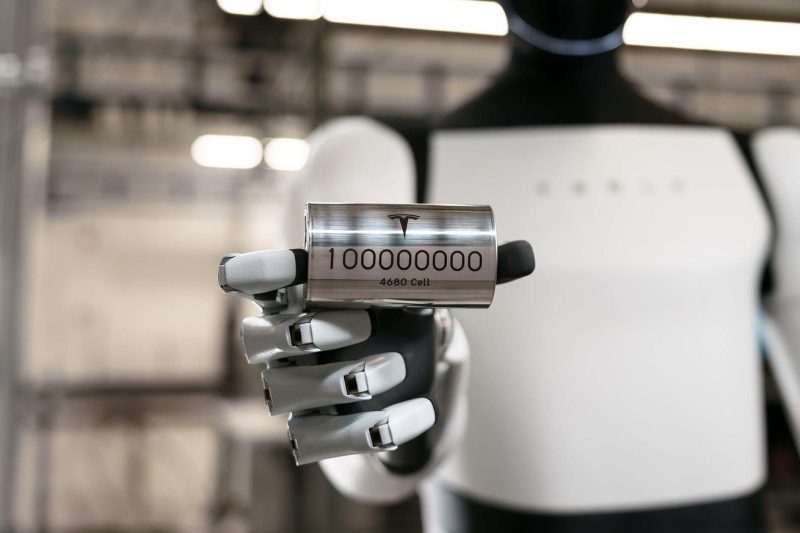
World’s Top Battery Manufacturer Doubts Success of Elon Musk’s 4680 Cell
The development of new battery technology is always a topic of interest, especially as the world continues to shift towards renewable energy sources and electric vehicles. One of the recent developments in this field is Elon Musk’s 4680 cell, which has garnered attention from major players in the battery industry. In particular, the world’s biggest battery maker has expressed skepticism about the long-term viability of Musk’s new battery technology.
Elon Musk, the CEO of Tesla, unveiled the 4680 battery cell during the company’s Battery Day event in 2020. The 4680 cell is larger than traditional cylindrical battery cells, offering increased energy density and better performance. Musk claimed that this new battery design would revolutionize the electric vehicle industry by providing higher energy capacity, faster charging times, and lower production costs.
However, the world’s biggest battery maker, who wished to remain anonymous, has raised concerns about the feasibility of Musk’s 4680 cell. According to the battery maker, Tesla’s aggressive timeline for mass-producing the 4680 cell is ambitious, and there are several technical challenges that could hinder its success.
One of the major issues highlighted by the battery maker is the complexity of manufacturing the 4680 cell at scale. Tesla’s plans to transition from the current 2170 cells to the larger 4680 cells involve significant changes in the production process, including new equipment and materials. The battery maker believes that Tesla may struggle to ramp up production of the 4680 cell quickly and efficiently, potentially leading to delays and quality control issues.
Another concern raised by the battery maker is the durability and lifespan of the 4680 cell. While Tesla claims that the new cell design is more robust and long-lasting, the battery maker remains skeptical about its real-world performance. Without extensive testing and validation, it is difficult to predict how the 4680 cell will hold up under various operating conditions and over extended periods of time.
In addition to these technical challenges, the battery maker also points out the competitive landscape in the battery industry. Other major players, such as LG Chem, Panasonic, and CATL, are also investing heavily in developing next-generation battery technologies. This intense competition could drive innovation but also poses a threat to Tesla’s market position if it fails to deliver on its promises with the 4680 cell.
Despite these concerns, Elon Musk and Tesla remain confident in the potential of the 4680 cell to revolutionize the battery industry. Musk has emphasized the importance of vertical integration and continuous improvement in manufacturing processes to overcome any obstacles in scaling up production. Tesla’s ambitious goals for increasing battery production capacity and reducing costs align with its vision of accelerating the transition to sustainable energy solutions.
In conclusion, the debate surrounding Elon Musk’s 4680 battery cell reflects the dynamic and competitive nature of the battery industry. While Tesla’s innovation and bold vision have propelled it to the forefront of electric vehicle technology, challenges remain in bringing the 4680 cell to market successfully. Only time will tell whether the 4680 cell lives up to its potential as a game-changer in the battery industry, or if it faces hurdles that could impact its widespread adoption.
